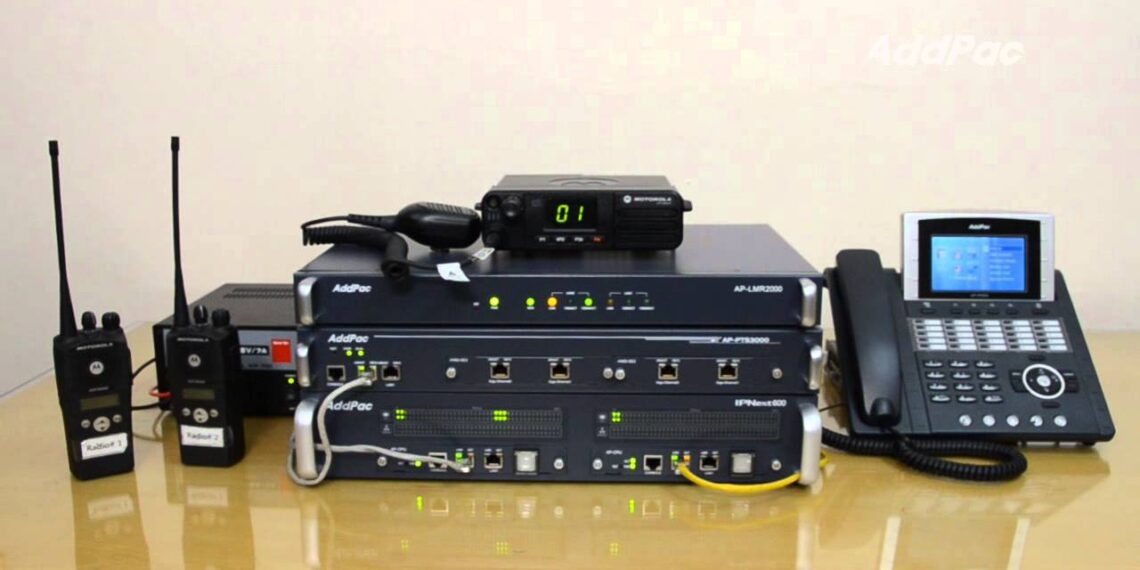When it comes to tech for your business, there are a lot of options, and it can be tough to keep up with all of the latest trends. However, one trend that you may have heard of but might not be entirely sure about is the RIOP gateway. In this blog post, we’ll break down what an RIOP gateway is and how it can benefit your business.
What is an RIOP?
An RIOP, or Remote Input/Output Protocol, gateway is a type of hardware that allows you to connect devices to a network remotely. This can be useful for businesses with multiple locations or for businesses that need to connect to devices that are not in close proximity to one another.
There are many benefits to using an RIOP gateway, but some of the most notable ones include:
- Increased Efficiency: By connecting devices to a network remotely, you can save time and increase efficiency. This is because you won’t need to physically connect each device to the network, which can be time-consuming.
- Reduced Costs: Remotely connecting devices to a network can also help reduce costs. This is because you won’t need to purchase extra hardware, such as cables or networking equipment, to physically connect the devices.
- Improved Security: RIOP gateways can also improve security. This is because they allow you to segment your network, which can help prevent unauthorized access.
As you can see, there are many benefits to using an RIOP gateway. If you’re looking for a way to improve your business’s efficiency, reduce costs, and improve security, an RIOP gateway may be the right solution for you.
How Does an RIOP Work?
An RIOP gateway typically consists of two main components: a server and a client. The server is responsible for managing the connection between the devices and the network, while the client is responsible for connecting the devices to the server.
There are two main types of RIOPgateways: those that use a direct connection and those that use an indirect connection.
- Direct Connection: A direct connection RIOP gateway uses a point-to-point connection between the devices and the server. This type of connection is typically used for smaller networks or for networks that don’t require a lot of bandwidth.
- Indirect Connection: An indirect connection RIOP gateway uses a network, such as the Internet, to connect the devices to the server. This type of connection is typically used for larger networks or for networks that require a lot of bandwidth.
No matter which type of RIOP gateway you use, you’ll be able to remotely connect devices to a network and enjoy all of the benefits that come with it.
Features to Look For in an RIOP Gateway
When you’re shopping for an RIOP gateway, there are a few features to keep in mind. First, you’ll want to make sure that the gateway supports the type of connection you need. For example, if you have a large network, you’ll want to make sure that the gateway supports an indirect connection.
You’ll also want to make sure that the gateway has enough ports to support all of the devices you need to connect. The number of ports you need will depend on the number of devices you need to connect and the type of connection you’re using.
Finally, you’ll want to make sure that the gateway is compatible with the devices you want to connect to. This is important because not all gateways are compatible with all devices. By keeping these features in mind, you’ll be able to find the right RIOP vocality gateway for your business.
Final Thoughts
If you’re looking for a way to improve your business’s efficiency, reduce costs, and improve security, an RIOP gateway may be the right solution for you. A radio IP gateway allows you to remotely connect devices to a network, which can save you time and money.

